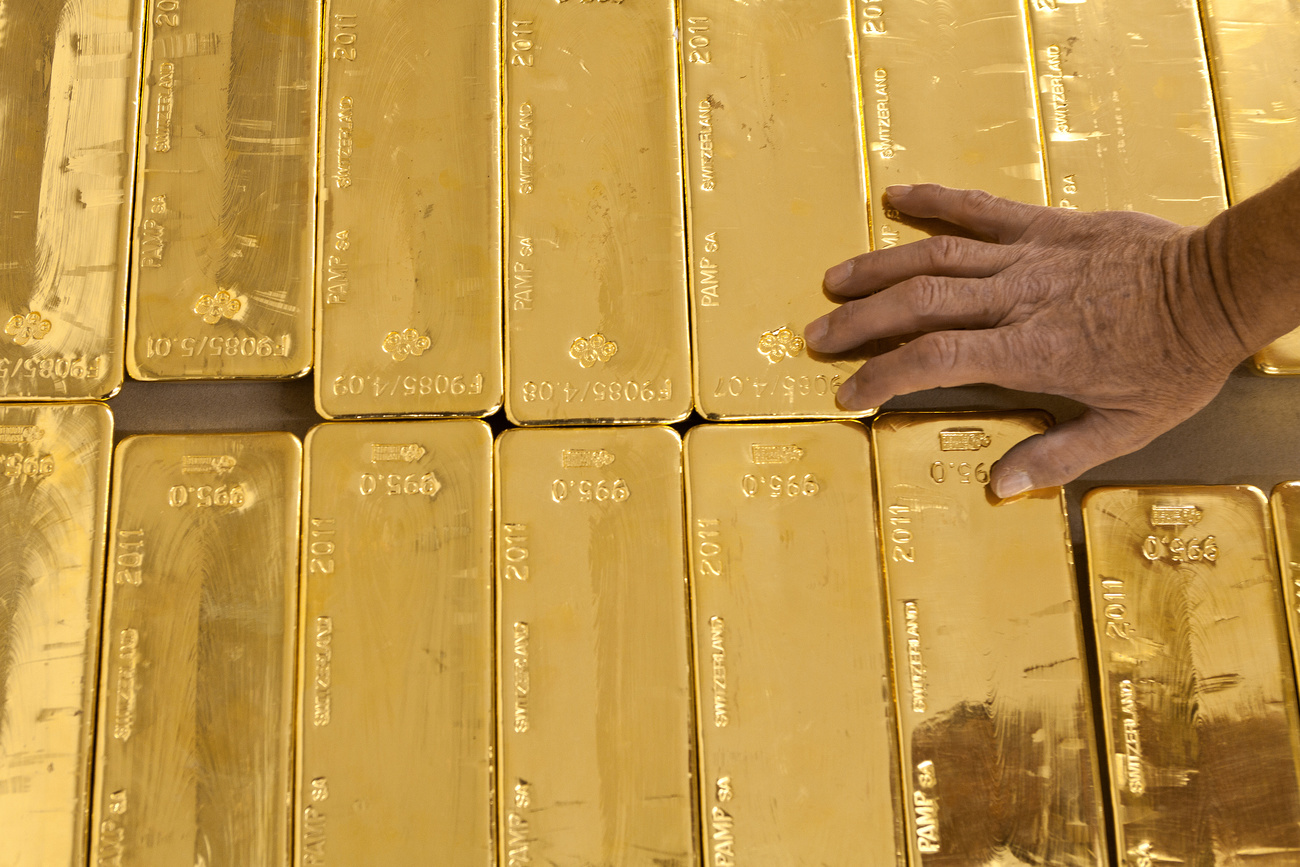
Switzerland wants gold segregation by customs for more transparency

The world’s gold refining hub wants international customs to differentiate between mined and bank gold to help improve supply chain transparency and traceability.
On Thursday, the Alpine nation submitted a proposal to the World Customs Organization (WCO) to amend the current classification of gold for international customs duty. Currently the WCO’s harmonised system has a single code for unwrought gold (impure gold that needs further processing). This means that it is not possible for the system to differentiate if the gold imported into a country was refined or unrefined.
By getting customs around the world to differentiate between mined gold and bank gold Switzerland “wishes to improve the traceability of supply chains and to obtain more accurate statistics”. A fifth of the world’s gold trade passes through Switzerland.
The proposal is not completely altruistic, however. If accepted, it will give Swiss gold refiners an even playing field because from next year Swiss gold importers will have to provide additional information on the type of gold in the import declaration form.
If the Swiss proposal is accepted by the WCO members, the new customs tariff classification for gold will become the international standard from 2027.

In compliance with the JTI standards
More: SWI swissinfo.ch certified by the Journalism Trust Initiative






























You can find an overview of ongoing debates with our journalists here . Please join us!
If you want to start a conversation about a topic raised in this article or want to report factual errors, email us at english@swissinfo.ch.